There has been many a heated debate over how to store delicate items like eggs and butter. Some swear that butter is fine when left covered on the counter—and there’s nothing worse than hard butter come baking time, or toast time. And it’s a shame to think that fruit, which looks so lovely piled into a stone bowl on the counter, needs to be hidden in the icebox.
While it would be nice if really fresh, high-quality foods from your local farmer didn’t need to be refrigerated, the truth is that refrigeration helps many items—though not all—remain at their peak longer. We wanted the answers to some of the oft-debated refrigeration mysteries. We went digging, and here’s what we found:
1. Eggs: Should be refrigerated in the U.S.

As much as we love the idea of displaying beautiful eggs in a bowl on the counter, ready to use at a moment’s notice, American eggs should be refrigerated. When eggs are stored in temperatures 40° F or below, Salmonella and other bacteria cannot grow, according to the American Egg Board. Refrigeration also increases eggs’ shelf life from 21 days to up to 5 weeks.
American and European eggs are processed differently and as a result must be stored differently, food experts told NPR. In America, eggs are cleaned with soap and hot water, a process that removes the protective outer layer that keeps water and oxygen in and bad bacteria out. Since this protective layer is removed, eggs are sprayed with oil and refrigerated to keep bacteria at bay. Eggs are not usually washed in Europe and therefore don’t need to be refrigerated. If eggs are refrigerated from the start, as American eggs are, then they must remain refrigerated. If cold eggs are put in a warm environment, they will sweat and become moldy.
2. Apples: Refrigerate
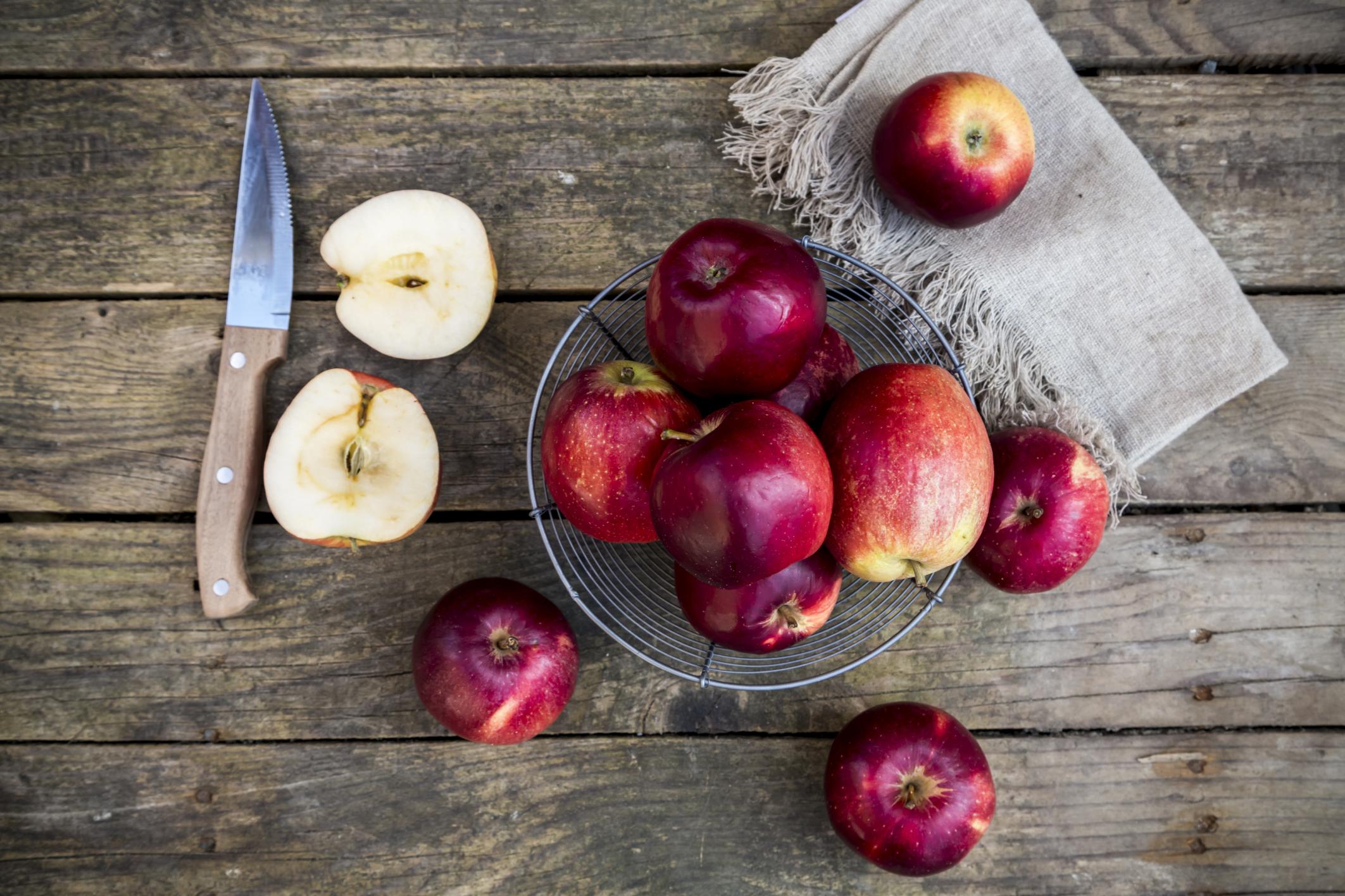
If you want to make them last, FreshDirect says it’s best to store apples in the refrigerator immediately after buying. They can last up to 4 months if stored between 30 and 35° F in a humid environment (try laying damp cloth over the apples once you put them in the crisper). And keep apples in a separate bin from other fruits and vegetables: They give off ethylene gas, which makes surrounding produce ripen more quickly. If you plan to eat up all your apples within the week, then they are totally fine to leave out of the refrigerator.
3. Stone fruit: Refrigerate after ripening
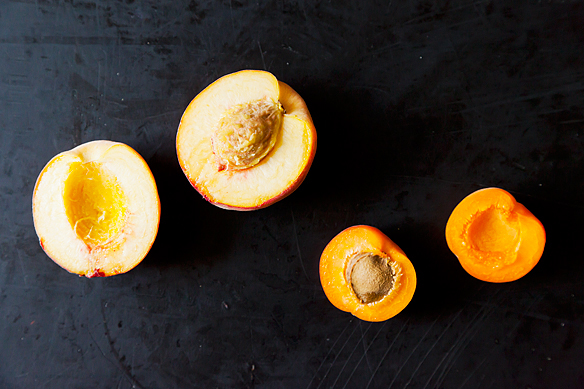
Peaches, nectarines, plums, apricots, and cherries are all stone fruits, named for their stone-like seeds. Since cold temperatures will stop the ripening process of these fruits, thereby making them mealy, you should make sure to ripen stone fruit for 2 to 3 days. Then, put them in the refrigerator to extend the shelf life to about a week, according to FreshDirect.
4. Nuts: Refrigerate
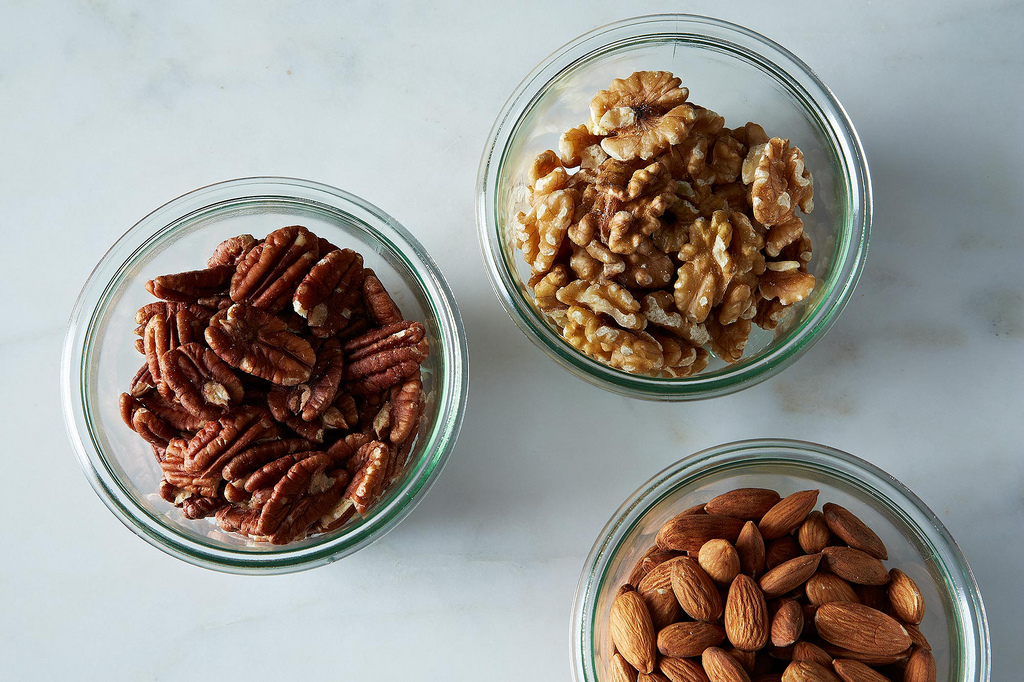
The oils in nuts make them go bad relatively quickly. At room temperature, they can last 1 to 4 months, according to University of California. In the refrigerator, they can last up to a year. Since nuts have very little water content, they won’t freeze in the freezer, and they’ll last a long time.
5. Butter: Refrigerate, or keep just a few days’ worth on the counter
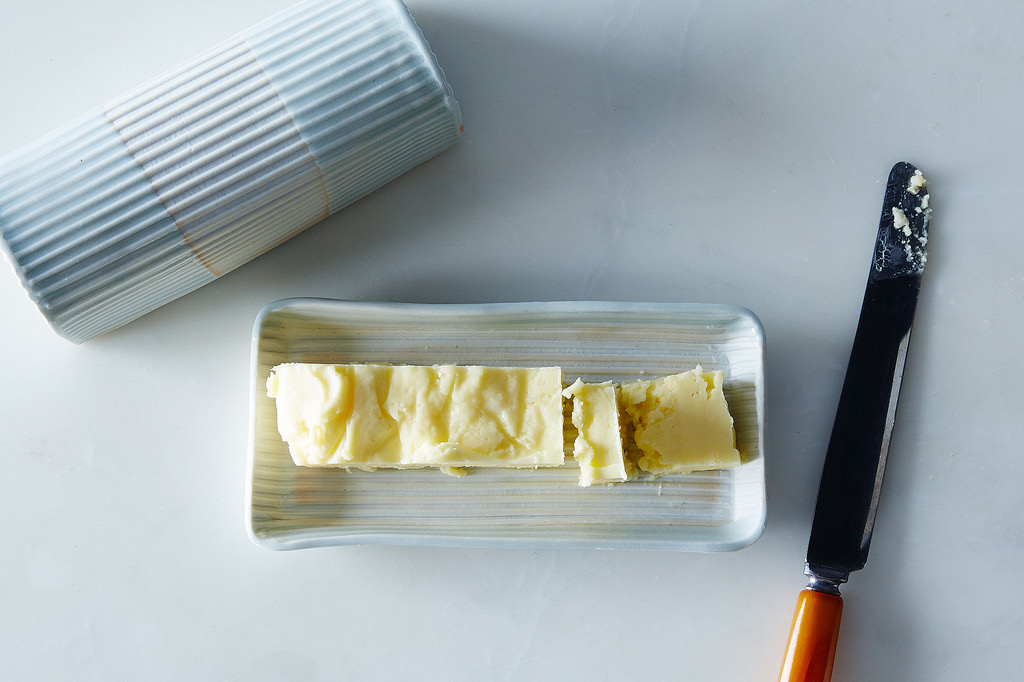
In agreement with USDA and FDA guidelines, most butter companies say to keep butter refrigerated. But, butter is mostly fat (usually about 80% fat), which makes it less attractive to bacteria than products with high water content. And many types of butter are made with pasteurized milk, which makes them even less prone to bacterial growth, says Organic Authority.
Keeping butter in an airtight container like a crock makes butter last at room temperature longer (about 2 weeks), but when room temperature rises above 70° F, all butter should be refrigerated.
Salted and unsalted butter are not the same, however: Salt in salted butter makes it less susceptible to bacterial growth, so it should be fine out on the counter. Even so, salted butter will last only about a week before going rancid, according to John Bruhn at University of California, Davis, so it’s best to keep out only what you’ll use within a few days. On the other hand, unsalted butter is best refrigerated.
6. Soy sauce, fish sauce, and hot sauce: Refrigerate for longer life, but they won’t spoil on the counter
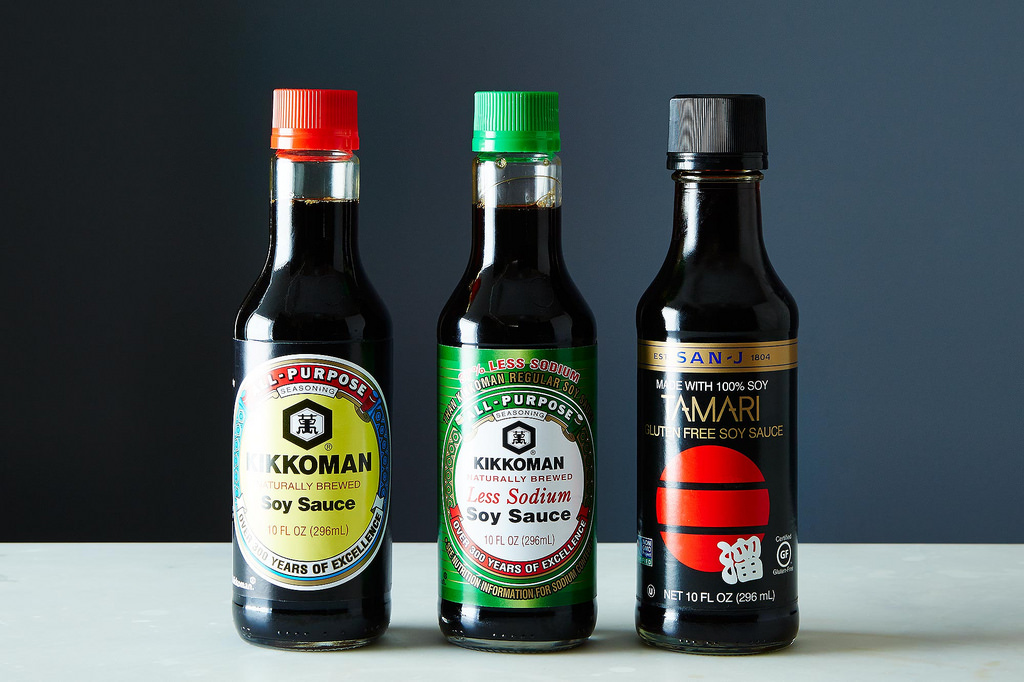
Soy sauce, fish sauce, and hot sauce will not spoil if left out of the refrigerator, according to Kikkoman, Frank’s RedHot, and Red Boat Fish Sauce. The only benefit to refrigeration is that the flavor and quality will last longer. Fish sauce may continue to ferment and change in flavor, but it will keep 2 to 3 years unrefrigerated.
7. Flour: You can refrigerate, but why bother?
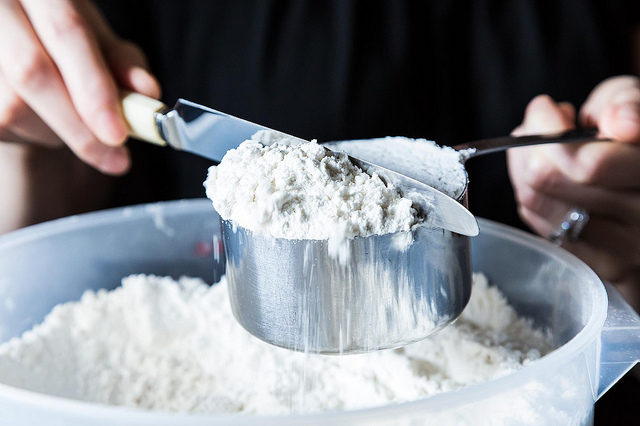
Flour does stay fresher longer if kept in the refrigerator, but you have to ask yourself how long you plan on having one bag of flour. If stored in a freezer bag and refrigerated or frozen, flour can last up to two years, says Pillsbury. But do you really need a bag of flour to last that long? When white flour is stored in an airtight container in a cool, dry place (75° F or cooler), it can last 6 to 9 months. Whole-grain flour doesn’t last as long as white flour because the oils from the germ and bran become rancid with age (it will only last up to 3 months on the shelf).
8. Fresh herbs: Refrigerate, except for basil
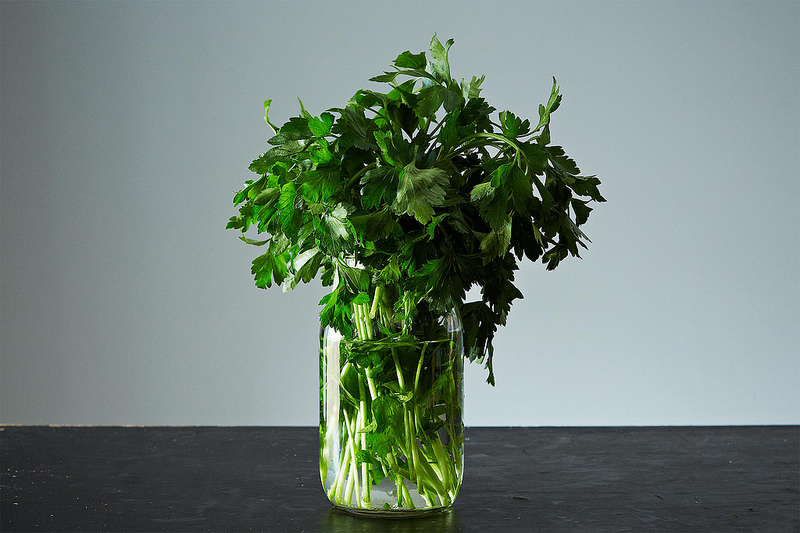
There are two kinds of herbs: hard and soft. Hard herbs have woody stems and include rosemary, oregano, marjoram, and thyme. They should be wrapped in a damp paper towel, then loosely in plastic wrap before being placed in your crisper. Soft herbs like basil, parsley, cilantro, and tarragon have soft, tender stems and like being treated as bouquets. Snip the bases of the stems and put them into a glass of fresh water, changing out the water every day or two if it starts to cloud. Basil should be kept at room temperature (refrigeration tends to turn the leaves black), but other soft herbs should be loosely covered with a plastic bag, then placed in the fridge.
This article originally appeared on Food52
More from Food52:
More Must-Reads from TIME
- Donald Trump Is TIME's 2024 Person of the Year
- Why We Chose Trump as Person of the Year
- Is Intermittent Fasting Good or Bad for You?
- The 100 Must-Read Books of 2024
- The 20 Best Christmas TV Episodes
- Column: If Optimism Feels Ridiculous Now, Try Hope
- The Future of Climate Action Is Trade Policy
- Merle Bombardieri Is Helping People Make the Baby Decision
Contact us at letters@time.com